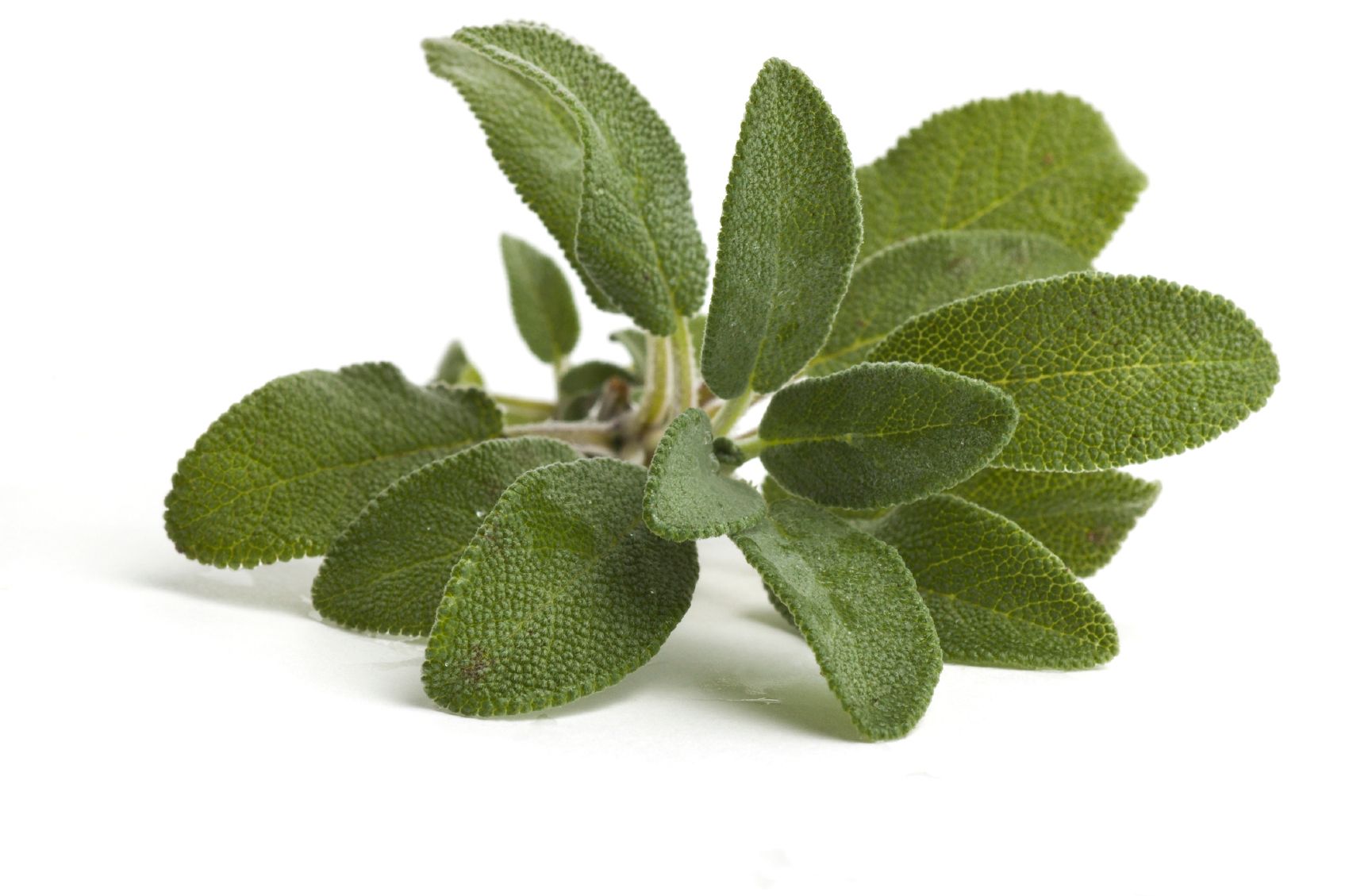Sage Extracts Have Anti-Fungal Properties
Researchers explore water-based sage extracts as alternatives to sage oil.

Essential oils are known for antioxidant and antimicrobial properties, but high doses of these oils have, at times, been linked to neurotoxicity and risk of seizure. In light of the concern, Portuguese and Spanish researchers investigated the antioxidant and antimicrobial use of sage (Salvia officinalis L.), but with potentially safer water-based sage extracts instead of sage oil.
Using the flowering leaves of dried sage, researchers produced sage infusion, sage decoction, and a methanol-and-water sage extract. With both antioxidant activity and anti-fungal activity, the decoction and methanol-and-water extract were more effective than the infusion preparation. Growth of Candida species, which are often related to fungal infections in humans, was inhibited by sage in a dose-dependent manner.
Previous studies suggest that the antioxidant and antimicrobial effects of sage are due to its natural phenolic compounds. Of 21 identified in the sage extracts, the researchers said rosmarinic acid and luteolin 7-O-glucuronide were the most abundant.
Writing in Food Chemistry, the researchers noted that their outcomes could encourage the incorporating of sage extracts into dietary supplements.
Robby Gardner
Associate Editor
Nutritional Outlook magazine
robby.gardner@ubm.com
Photo © iStockphoto.com/CWLawrence
The Nutritional Outlook Podcast Episode 35: Prioritizing Women's Health Research and Innovation
October 28th 2024On this month's episode of the Nutritional Outlook Podcast, Cepham's founder and president, Anand Swaroop, discusses the company's recent announcement to prioritize women's health research and innovation.
The Nutritional Outlook Podcast Episode 34: Demystifying Prebiotics and Postbiotics
September 30th 2024In this episode of the Nutritional Outlook Podcast we are looking back on a webcast Nutritional Outlook hosted in May, called “Demystifying the Prebiotic and Postbiotic Markets.” During that event, Sandra Saville, director of education and communication for the International Probiotics Association and Dr. Jessica A. Younes, scientific director of the International Probiotics Association debunked myths about prebiotic and postbiotics, and defined the respective categories to help manufacturers better understand how to responsibly formulate and market prebiotic and postbiotic products.